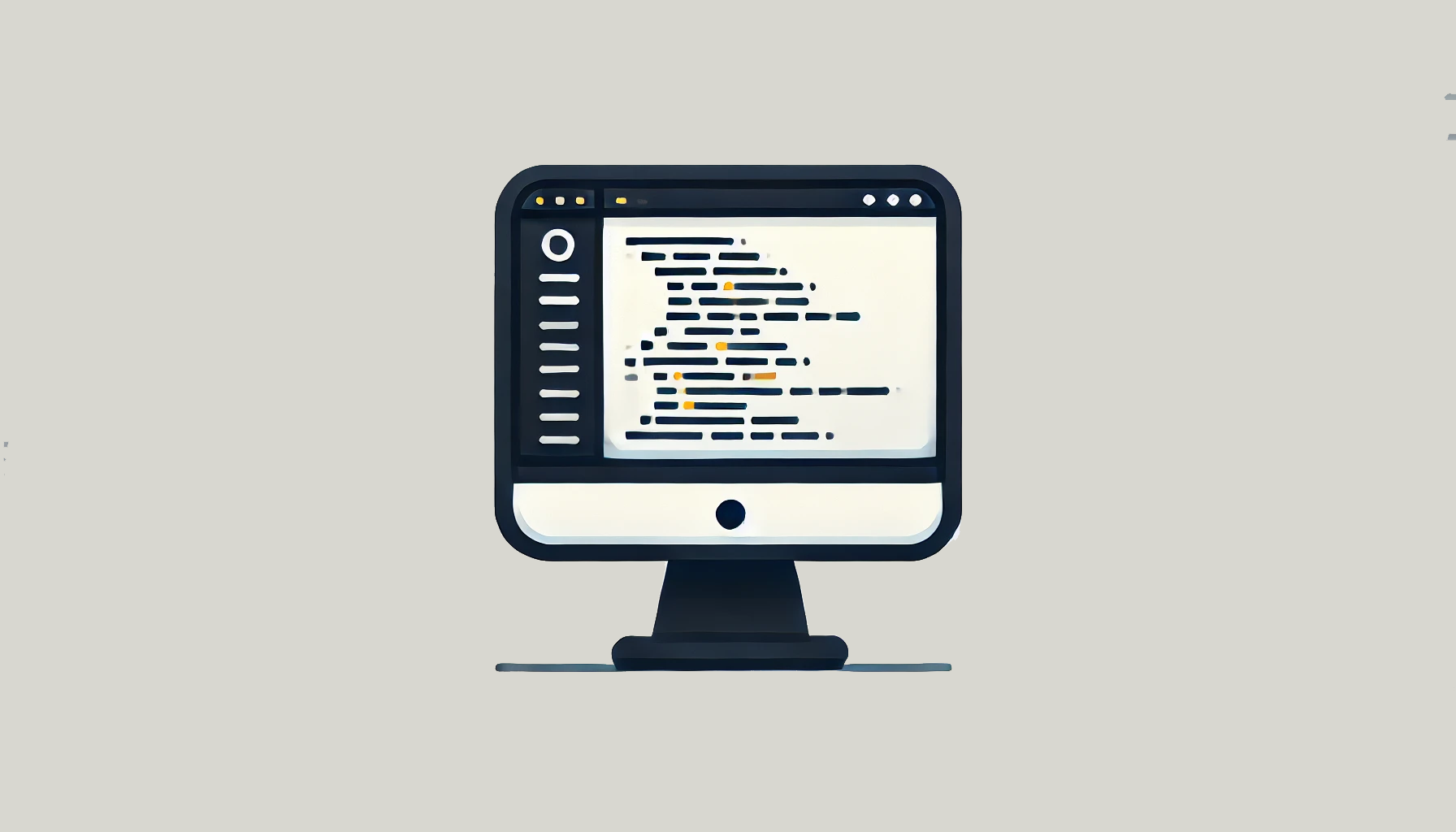Cursos relacionados
Ver Todos los CursosPrincipiante
Introduction to Python
Python is a high-level, interpreted, general-purpose programming language. Distinguished from languages such as HTML, CSS, and JavaScript, which are mainly utilized in web development, Python boasts versatility across multiple domains, including software development, data science, and back-end development. This course will guide you through Python's fundamental concepts, equipping you with the skills to create your own functions by the conclusion of the program.
Intermedio
Flask Intensive Course: Web Development with Python
You will face 100% hands-on practice and complete the project by the end of the course. This course is perfect for those who have never worked with Flask before. You will acquire the expertise to effectively utilize Flask for your project development needs. You will embark on a journey to create your initial application, mastering the fundamentals, and progressively enhancing your project to unlock its full potential. I will guide you step-by-step during the course.
Avanzado
Django: First Dive
The Django Framework is the best choice to start learning Backend Development using Python! Here you will dive into the Backend, learn how to handle HTTP requests, pass and extract data, and create HTML pages using Templates. In particular, you will learn how to use Python to interact with a database in a very convenient way without using SQL.
How Frameworks Make Life Easier for Programmers
Simplifying Application Development with Frameworks

What is a Framework?
In the realm of programming, a framework is akin to a scaffold or blueprint. It's a pre-built foundation that offers a structured approach to software development. Unlike libraries or individual pieces of code, frameworks dictate the architecture of your application. This means they provide both the tools and the roadmap, guiding how your application is built and often how it should look.
Who Writes Frameworks and What Are They Used For?
In the realm of programming, a framework is akin to a scaffold or blueprint. It's a pre-built foundation that offers a structured approach to software development. Unlike libraries or individual pieces of code, frameworks dictate the architecture of your application. This means they provide both the tools and the roadmap, guiding how your application is built and often how it should look.
Run Code from Your Browser - No Installation Required

Frameworks in Application Development
Frameworks have become a cornerstone in modern software development, particularly in building web applications. They offer a regimented yet flexible structure, streamlining the development process. This structure typically includes:
- Pre-written code: Functions and classes that are commonly used across similar types of applications.
- Libraries: Collections of resources and tools tailored for specific tasks, like image processing or database manipulation.
- APIs: Interfaces that allow your application to interact with other software or services.
- Guidelines and Best Practices: Recommendations on how to structure your code, which can be crucial for maintaining and scaling your application.
Popular Frameworks in Java, Python, and C++
Each programming language has its frameworks, each with its unique features and use cases:
-
Java Frameworks:
- Spring: Widely used for building enterprise-level applications. It's known for its dependency injection feature, which helps manage complex dependencies.
- Hibernate: Focuses on data persistence, simplifying the interaction between Java objects and the database.
-
Python Frameworks:
- Django: A high-level framework that encourages rapid development and clean, pragmatic design. It's known for its "batteries-included" approach, providing almost everything developers need out of the box.
- Flask: A microframework that is lightweight and easy to use, making it ideal for small to medium applications and quick development.
-
C++ Frameworks:
- Qt: Used for developing cross-platform applications, particularly GUIs. It's feature-rich and supports various platforms.
- Boost: Provides a collection of libraries that augment the functionality of C++, helping with tasks like memory management and multithreading.
Brief Usage Example
For a more practical understanding, here are simple examples of using these frameworks:
Java with Spring Framework:
Python with Flask Framework:
C++ with Qt Framework:
Start Learning Coding today and boost your Career Potential

Conclusion: Master the Language First
Frameworks are powerful, but their utility is only as good as the programmer's understanding of the underlying language. Before delving into frameworks, it's vital to have a solid grasp of the language's syntax and fundamental concepts. This ensures that when a developer uses a framework, they are not just following a template but actually understand the logic behind it.
Learn and Grow with Codefinity.com
For beginners, the journey starts with mastering the basics of programming languages. Platforms like Codefinity.com provide an ideal starting point, offering courses that lay the groundwork for both language proficiency and subsequent framework mastery.
FAQs
Q: Do I need prior programming experience to use frameworks effectively?
A: Yes, a solid understanding of the programming language is essential. Frameworks are built upon language fundamentals, and without this knowledge, you might find it challenging to use them effectively.
Q: How do frameworks contribute to faster software development?
A: Frameworks come with pre-written code and built-in tools that handle common programming tasks. This reduces the amount of code developers need to write from scratch, speeding up the development process.
Q: Are frameworks necessary for every project?
A: Not necessarily. The choice to use a framework depends on the project's complexity and requirements. For simple projects, a framework might be overkill.
Q: How do frameworks ensure better software quality?
A: Frameworks promote coding best practices and consistent coding standards, leading to more reliable and maintainable code.
Q: Can beginners start learning programming with frameworks?
A: It's possible, but it's generally recommended to first learn the basics of the programming language before moving on to frameworks.
Cursos relacionados
Ver Todos los CursosPrincipiante
Introduction to Python
Python is a high-level, interpreted, general-purpose programming language. Distinguished from languages such as HTML, CSS, and JavaScript, which are mainly utilized in web development, Python boasts versatility across multiple domains, including software development, data science, and back-end development. This course will guide you through Python's fundamental concepts, equipping you with the skills to create your own functions by the conclusion of the program.
Intermedio
Flask Intensive Course: Web Development with Python
You will face 100% hands-on practice and complete the project by the end of the course. This course is perfect for those who have never worked with Flask before. You will acquire the expertise to effectively utilize Flask for your project development needs. You will embark on a journey to create your initial application, mastering the fundamentals, and progressively enhancing your project to unlock its full potential. I will guide you step-by-step during the course.
Avanzado
Django: First Dive
The Django Framework is the best choice to start learning Backend Development using Python! Here you will dive into the Backend, learn how to handle HTTP requests, pass and extract data, and create HTML pages using Templates. In particular, you will learn how to use Python to interact with a database in a very convenient way without using SQL.
The SOLID Principles in Software Development
The SOLID Principles Overview
by Anastasiia Tsurkan
Backend Developer
Nov, 2023・8 min read

Top 25 C# Interview Questions and Answers
Master the Essentials and Ace Your C# Interview
by Ihor Gudzyk
C++ Developer
Nov, 2024・17 min read

30 Python Project Ideas for Beginners
Python Project Ideas
by Anastasiia Tsurkan
Backend Developer
Sep, 2024・14 min read

Contenido de este artículo